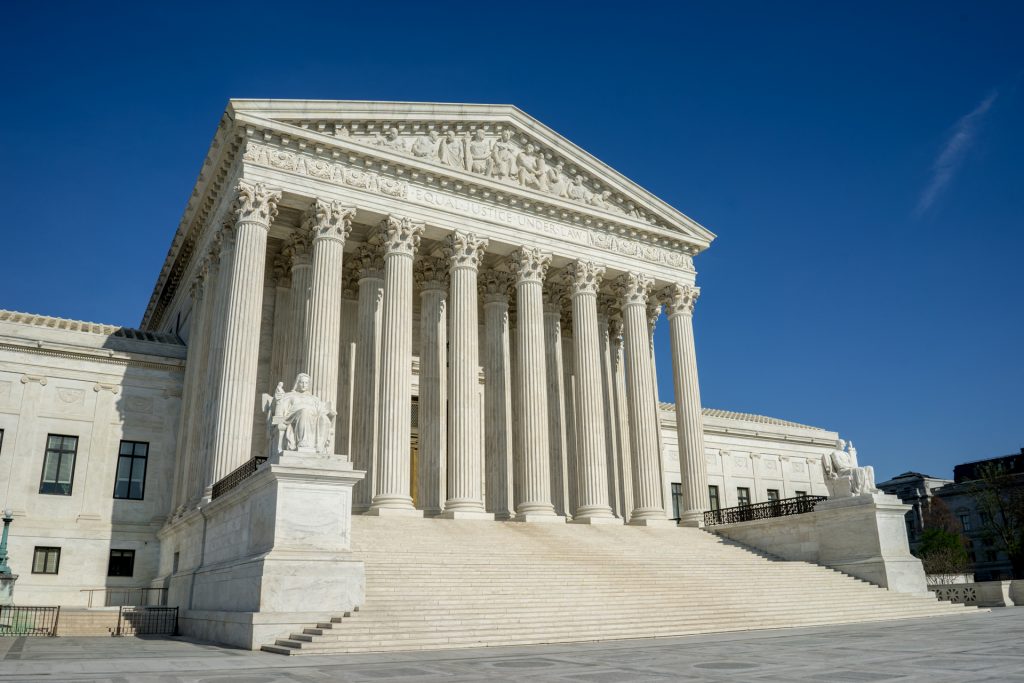
Justice Clarence Thomas recently issued an opinion on revisiting the 1964 New York Times v. Sullivan Case, stating that he did not believe the decision met the original intent of the First Amendment. He challenged the “actual malice” doctrine established in this case, stating that it goes beyond common law malice and is not consistent with an originalist interpretation of the Constitution. This doctrine states that public officials and figures, in cases of libel, must be able to show that the defendant acted “with knowledge that it was false or with reckless disregard of whether it was false or not.” The shift of the burden of proof to the plaintiff has been widely regarded as one of the most important protections for press freedom.
While this decision in particular has been looked down upon by the great originalist Justice Thomas, he has not applied such original interpretation in every case. For example, in Citizens United v. FEC, Justice Thomas did not argue that the nonexistence of corporate personhood during the ratification of the First Amendment barred corporations from its protections. Thomas’s insistence on being a textualist on this case blinds him to the dangers of state power.
“The states are perfectly capable of striking an acceptable balance between encouraging robust public discourse and providing a meaningful remedy for reputational harm,” Thomas said.
It is precisely because the State is incapable of such a decision that NYT v. Sullivan should not be overturned. Public officials, especially, should have to meet a higher burden if they want to seek damages for libel, as they are the agents of state power. If this case were to be overturned, it would create a dangerous opportunity for the State to silence a free press — an important check on its power. This is especially concerning at a time when newspapers are facing financial difficulties, and thus costly legal proceedings can amount to censorship.
There are valid concerns raised by Justice Thomas on the protection of individuals who are considered to be “limited-purpose public figures” and the difficulties they may face in trying to recover for reputational harm. However, such instances are exceptional and should not be grounds to challenge an otherwise excellent decision that has served the public interest. It must be emphasized that NYT v. Sullivan does not prevent private citizens from seeking reputational harm under libel laws.
What makes the United States different, and arguably the freest country in the world in terms of speech, is the First Amendment. However, the First Amendment was not always as broadly interpreted until several important cases such as this in the 1960s. According to Thomas,we did not begin meddling in this area until 1964. He is technically correct, but there are many other important areas that we did not start “meddling” in until the 1960s. Such frail arguments should not be used to overturn an important safeguard on the freedom of the press.


